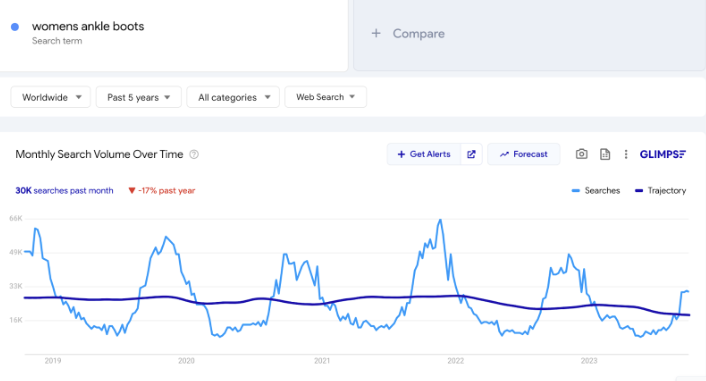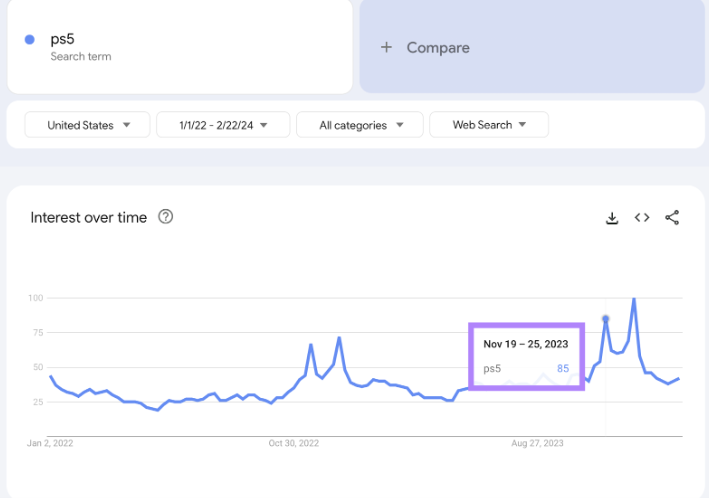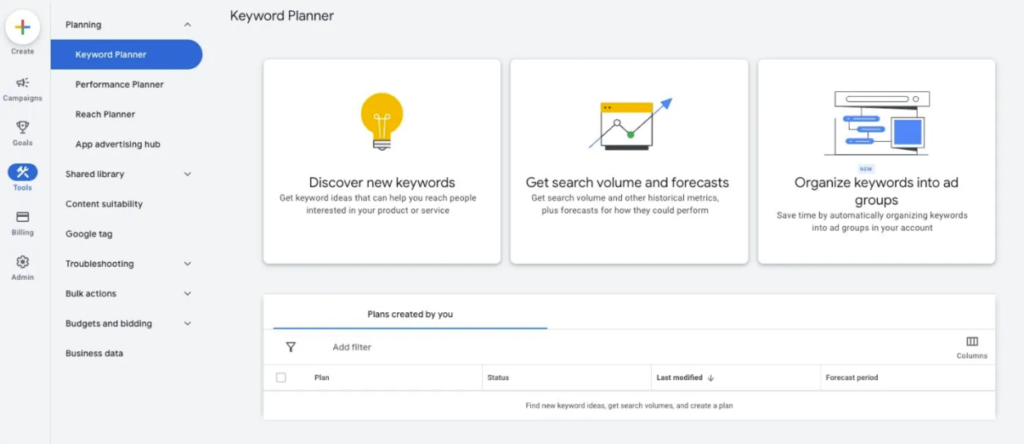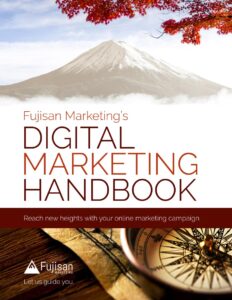When it comes to creating a sustainable customer base, Google Ads can be a critical asset. Along with being useful for growing your business, they’re perhaps even more valuable for driving new customers to a website who will, over time, provide a reliable foundation and the stability that comes with that.
That being said, the quality of the site traffic from Google Ads isn’t a given. Depending on your campaign and the stage of business development you are in, that might be less big of a deal than for others, but it’s always something you should keep an eye on.
A huge part of driving that awareness revolves around the keywords you bid on — namely, that they’re attracting the right people to your ads. The right keywords can have a dramatic impact on your campaign’s effectiveness; the wrong ones can too, in that they’ll make your campaign far less effective.
Furthermore, keywords can act as a proxy for users’ intent when searching — AKA “what does this person want?” — and can be tailored to capture traffic accordingly. In other words, the best way to both acquire and retain customers is to serve their needs, and the best way to understand their needs is by seeing what they’re saying.
Similarly, you can also exclude searches using negative keywords that imply a user’s intent isn’t something you could satisfy. In fact, we can offer a pretty good estimate of how much each click will cost a business through these means.
So, with that in mind, here are three useful tools for researching PPC keywords and how they can help you:
First: Google Trends
Image source: hubspot.com
This is exactly what it sounds like. Google Trends allows you to look at how often people are searching for a keyword or term, and how the frequency has changed over time.
(Did you notice an uptick in brands or publications referencing Travis Kelce and Taylor Swift around the Super Bowl even though none of what they were talking about had anything to do with those two? Yeah, it was annoying — and it was because they knew everyone, and their mother was searching about “Travis Kelce” and “Taylor Swift.”) But we digress…
Image source: hubspot.com
Anyways, with Google Trends you can customize the time periods you’re looking at from anywhere between the last hour to the last 20 years. There are similar options for location — you can look at search trends from a global level down to a city level, as well as regional and national levels. You can also research by different categories, which could be relevant if you want to target users who are in a particular industry.
One of the strengths Google Trends offers is the ease of visualizing these insights with their graph display — bar charts are also available — which not only allows you to see how search trends for a keyword have changed over time but can allow you to visualize this for up to five terms at once.
Here, keywords are rated between 1 to 100 depending on their search popularity. You can also see related query options alongside.
Because Google Trends’ data is updated in real-time, there isn’t any lag — meaning you’ll know immediately about any emerging search trends as they appear. This is particularly useful for taking advantage of time-sensitive keywords, especially if you can get on them before competitors. It also just gives you better context and implicit details about events surrounding a particular term.
Google Keyword Planner
Image source: backlinko.com
Google Keyword Planner is another Google tool, that allows you to research keywords based on both search volume and expected cost per click.
Here you can compare terms to decide which are most relevant to your business on a cost-per-click basis, plus see how great the competition is for each term. Not only does this give you insights to shape your campaign, but it can also help narrow down what your budget should be.
With Google Keyword Planner, you can also add keywords directly to your Google Ads campaign or ad groups — this is super convenient, saves time, and streamlines your process. You can also see recommendations to help optimize your campaign to confirm you’re choosing the most relevant keywords to bring in site traffic.
SEMrush’s Keyword Magic Tool
The last one here is the first non-Google tool. SEMrush’s Keyword Magic Tool focuses particularly on search intent-based research.
Image source: semrush.com
Similar to the Google Keyword Planner, SEMrush’s Keyword Magic Tool also can show you the amount of competition for a given term. This will give you another estimate to compare potential costs-per-click alongside Google Keyword Planner to make more informed decisions. It can also help you identify longer tail keywords, and from there you can export keywords to an existing SEMrush account if you have one.
Lastly, with this tool, you can segment and filter keywords plus view data by category. By itself, that doesn’t sound like a big deal, but it can be a godsend for organizational purposes, allowing you to visualize and process the information it’s giving you more clearly.
This can help give you ideas for how to structure ad groups for new campaigns and make you better equipped to fully utilize the keywords you choose.
In general, tools like SEMrush’s Keyword Magic Tool will just make you more educated about the keyword decisions you’re making, how to improve them, and how those improvements could manifest themselves.
At Fujisan, we use these tools all the time to help drive leads for our clients. Whether launching a new campaign, trying to improve an existing one, or doing research for the future, knowing more about trending terms and the directions keywords are moving in brings an immediate boost.








